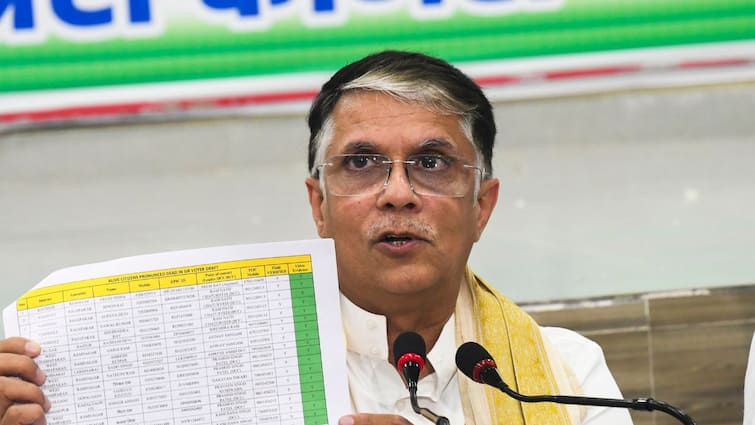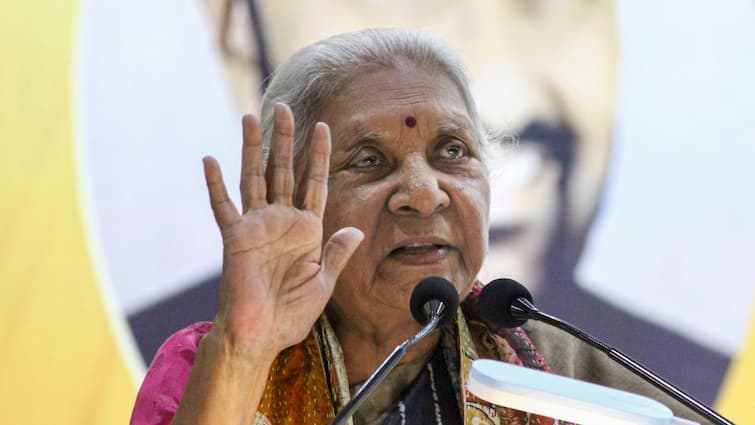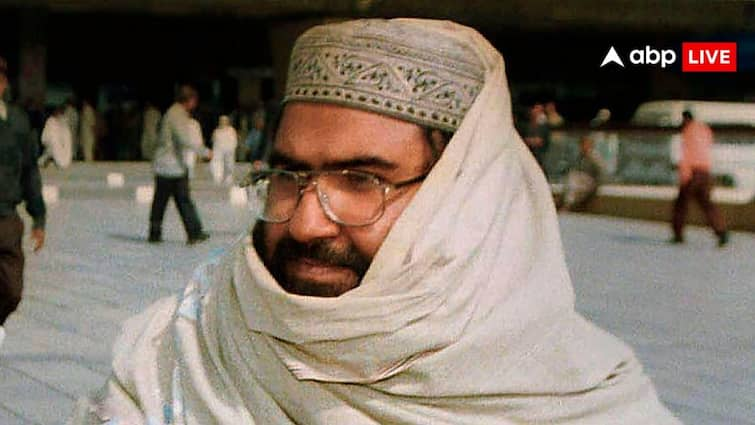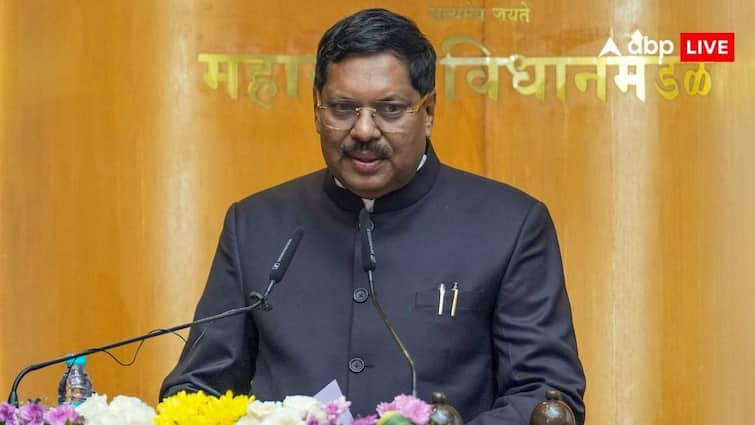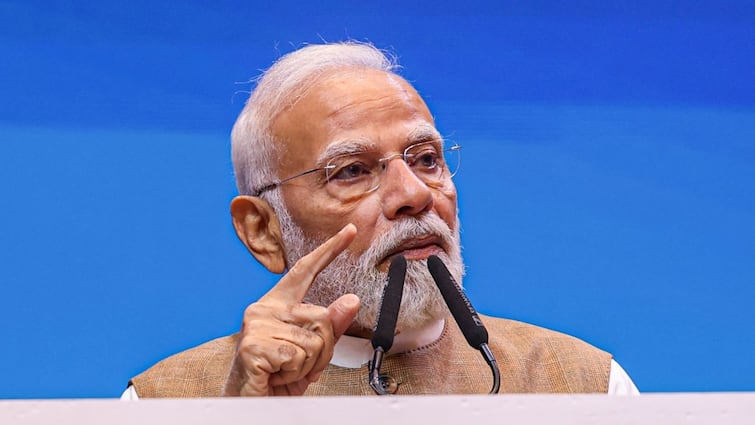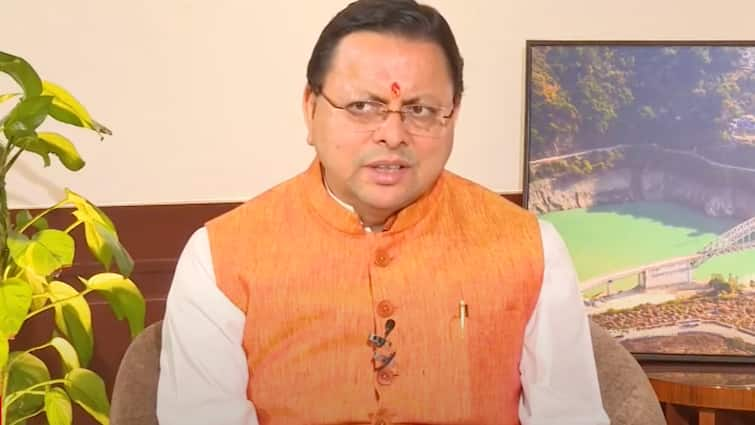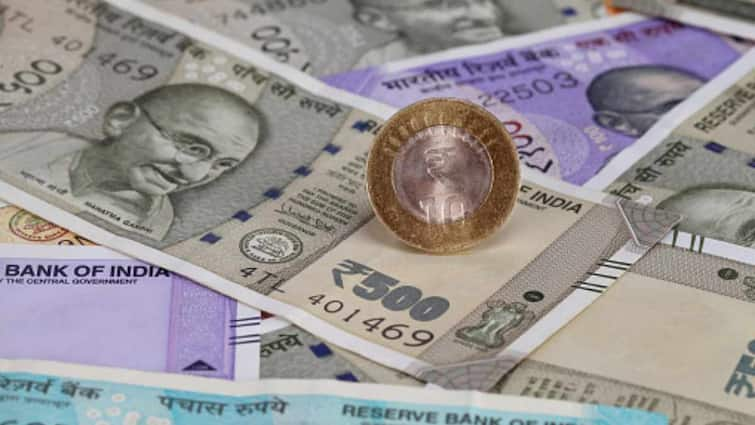
The central government’s 8th Pay Commission is set to redefine salaries and pensions for millions of central government employees and pensioners. While the official notification is yet to be issued and the chairman and members of the commission are yet to be appointed, the discussion around the new pay structure is gaining momentum.
One of the key elements under consideration is the fitment factor, a crucial metric that determines the revised pay for government staff.
What is the Fitment Factor?
The fitment factor is essentially a multiplier applied to an employee’s basic pay to calculate the revised salary and pension. The basic formula is straightforward:
Revised Salary = Basic Pay × Fitment Factor
This factor ensures that salary adjustments account for inflation, changes in living costs, and the overall economic environment. Additionally, the government is reportedly considering the Aykroyd formula, developed by Dr Wallace Aykroyd, to assess ideal salaries.
The Aykroyd model estimates wages based on minimum living costs, including essentials such as food, clothing, and housing, ensuring that salaries meet nutritional and lifestyle requirements of an average worker.
Current Pay Under 7th Pay Commission
As per the 7th Pay Commission, central government employees have a minimum basic pay of Rs 18,000, while pensioners receive a minimum basic pension of Rs 9,000. The highest salaries for apex-level positions, such as the Cabinet Secretary, currently stand at Rs 2,50,000.
The fitment factor under the 7th Pay Commission was set at 2.57, reflecting the multiplier applied to determine revised pay scales. Recently, the Union Cabinet approved a 3 per cent hike in Dearness Allowance (DA) and Dearness Relief (DR), raising them to 58 per cent.
This increment increased the minimum salary from Rs 28,000 to Rs 28,440 and the minimum pension from Rs 13,950 to Rs 14,220, providing a modest boost for employees and retirees.
Potential Salary Under the 8th Pay Commission
Preliminary discussions indicate that the 8th Pay Commission may set the fitment factor between 1.92 and 2.08, which would have a significant impact on pay and pensions.
At a fitment factor of 1.92, the minimum basic salary for employees could rise to Rs 34,560, while the minimum basic pension for retirees could increase to Rs 17,280.
At a fitment factor of 2.08, these figures may further rise to Rs 37,440 for employees and Rs 18,720 for pensioners.
It is important to note that once the 8th Pay Commission is implemented, DA and DR will be reset to zero, and future adjustments will be factored into the new pay structure.
While the government is actively consulting state administrations regarding the 8th Pay Commission, the final structure and fitment factor will be announced once the panel is formally constituted. The new pay revision is expected to significantly improve the financial well-being of central government employees, offering a more sustainable and inflation-adjusted income framework.
For employees and pensioners, understanding the fitment factor is critical, as it will determine the base of their salaries and pensions for years to come, shaping their post-implementation financial landscape.
Doonited Affiliated: Syndicate News Hunt
This report has been published as part of an auto-generated syndicated wire feed. Except for the headline, the content has not been modified or edited by Doonited




